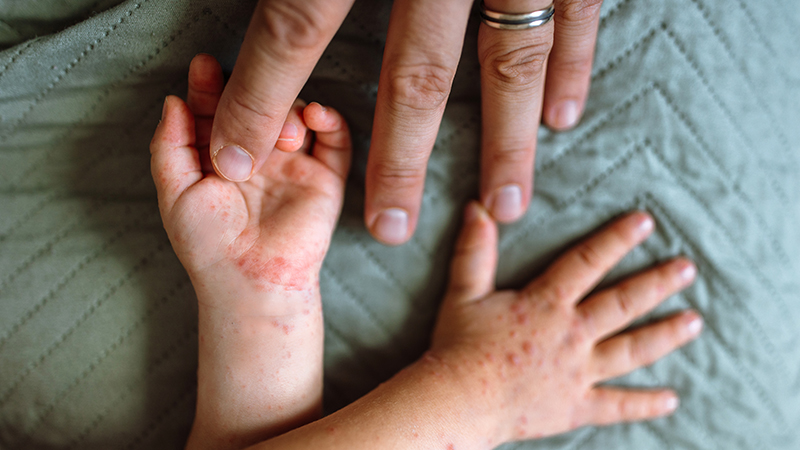5 Questions You Might be Too Embarrassed to Ask Your Gynecologist
A Gynecologist at Northwestern Medicine Has the Answers
Updated May 2023
“Is this normal?” is one of the great preoccupations for patients. It can be the reason you made the appointment, and yet you walk out without even asking. Almost every physician knows the sensitive questions, and they’re more than prepared to explain what you may be too embarrassed or uncomfortable to say.
Gynecologists in particular have a lot of experience with the awkward ask, working as they do in a field that remains highly private and to a certain degree, taboo. Alexander L. Lin, MD, a gynecologist at Northwestern Medicine, has fielded all types of questions from his patients, including ones that tend to fall into the “embarrassing” category. Here, he answers some of the most common, yet sensitive, questions he is often asked before and during appointments.
Sex should not be painful. It should be something enjoyable.— Alexander L. Lin, MD
I’m on my period. Should I still go to my scheduled gynecology appointment?
The answer is variable. If it is an appointment for a pap smear, then I would suggest rescheduling since the pap smear may get rejected by the lab because there are too many red blood cells. If you are having painful or heavy periods, that’s actually the perfect time to come in for an appointment. Your physician can see what’s happening with you and can quantify the pain or how many pads or tampons are being changed in an hour.
Do I need to shave or wax before my appointment?
No, you don't need to shave or wax. However, if there's something going on with your skin, shaving or waxing will make it easier for your physician to evaluate the area.
I’m concerned about my vaginal odor. What’s normal?
There are two parts to this answer. If you're feeling healthy and have vaginal odor, but the odor hasn’t changed, it's most likely normal. We all have some type of body odor. The vagina is a self-regulating ecosystem with bacteria that helps keep it clean, but also causes a distinct odor. If you notice a sudden change in the odor, it could be due to your diet, intercourse, infection or from a tampon that’s been retained too long in your body. Vaginal odor, however, is typically not foul smelling. If you notice sudden, foul-smelling vaginal odor not caused by a retained tampon, or unusual vaginal discharge, contact your gynecologist.
Why do I leak urine when I exercise, cough or laugh? Is there anything I can do about it?
If you're starting to leak when you cough, laugh, sneeze or exercise, you may have what is called stress incontinence. It usually occurs when there is a change in your pelvic floor muscles and the relative position of your bladder and your urethra. This change can be caused by pregnancy, a pelvic surgery, heavy lifting or menopause.
A bladder infection can also cause leakage, but with that you will typically experience some pain and frequency of urination. Another condition, overactive bladder, can also cause leakage. If you are noticing leakage, you should seek medical attention to get evaluated and treated. If the diagnosis is stress incontinence, you may be referred to a urogynecologist or to a pelvic floor therapist to help strengthen your pelvic floor muscles.
Sex is really painful. Is something wrong?
Painful sex can be caused by a variety of physical and psychological reasons. For example, painful sex could be caused by a condition within your pelvis, such as an ovarian cyst, that is getting bumped during sex. It could be from a new partner where there is a tight fit. You may have life experiences, such as sexual abuse, that make you overtighten your vagina, so, when there is penetration, it is painful. And, when you already fear sex is going to be painful, it can make the experience worse.
Learning the underlying reason for painful intercourse is the best way to help address the problem. It’s often not an overnight fix. Depending on the underlying reason, it can require therapy, a medical procedure, new ways to approach sex with your partner, or other interventions. Sex should not be painful. It should be something enjoyable. When it is painful, that’s a good reason to see your gynecologist to start the evaluation process.
Although it might feel awkward asking your gynecologist such personal questions, never hold back. Not only have they seen it all before, they are there to help you live your healthiest life.






